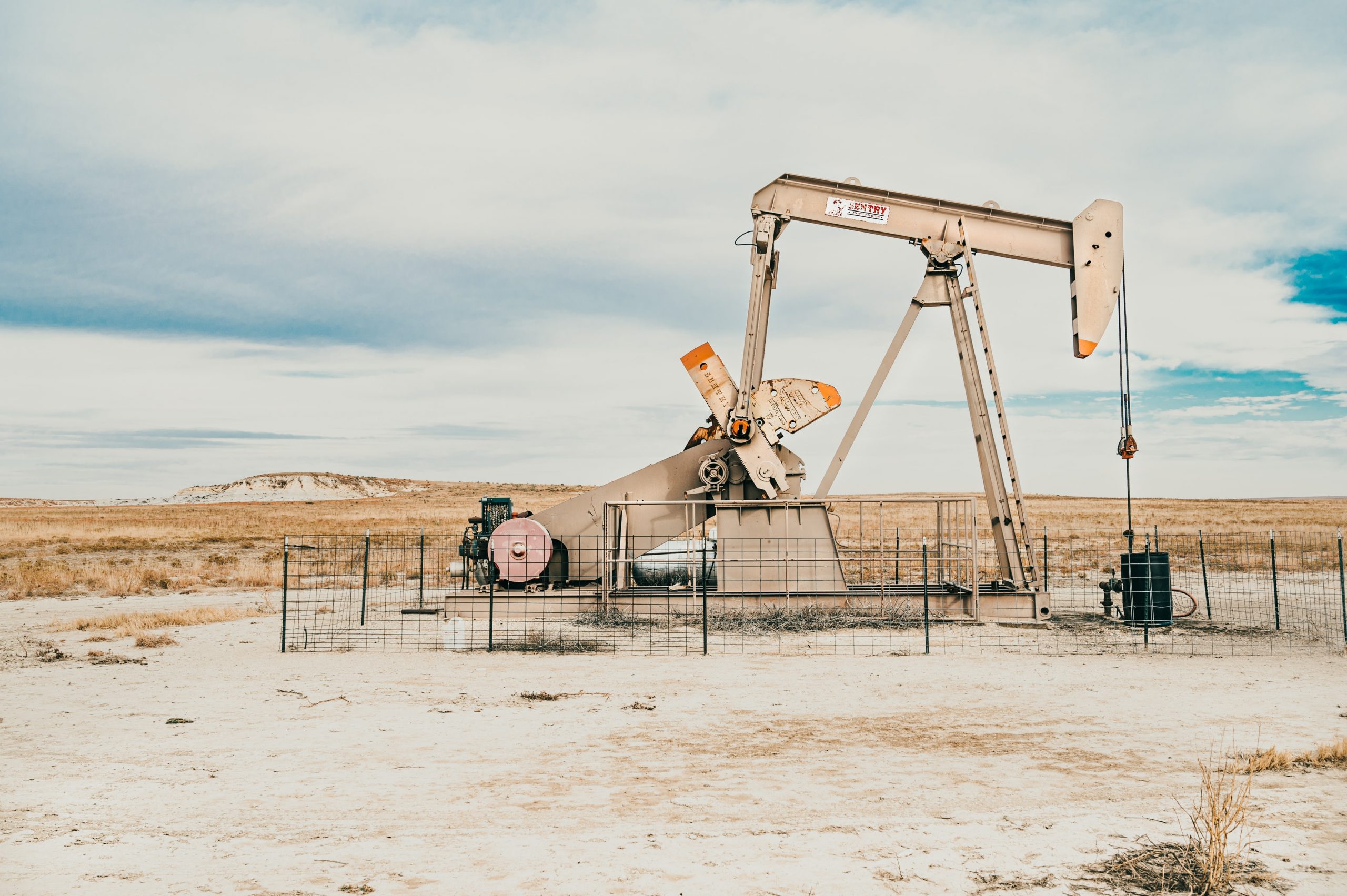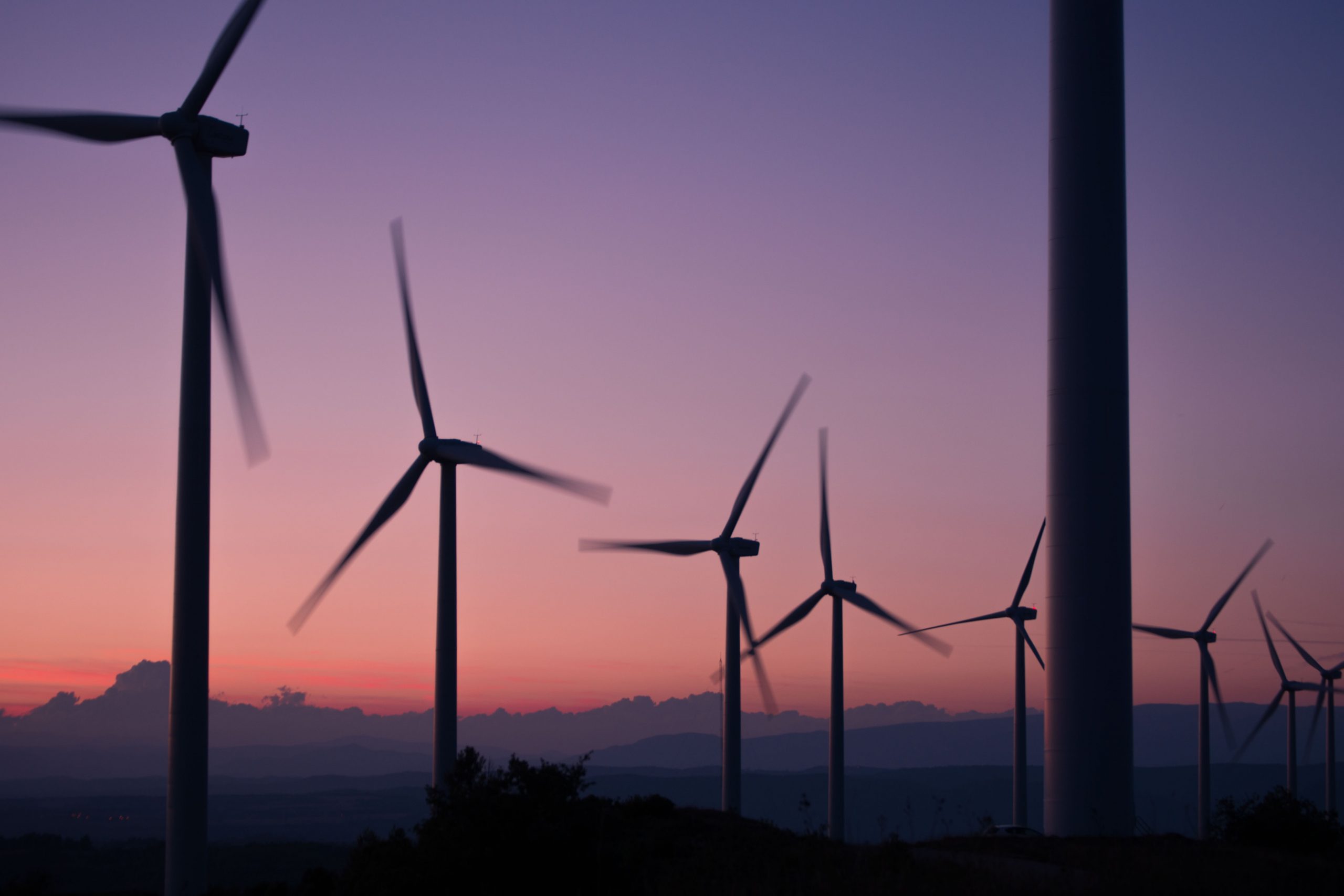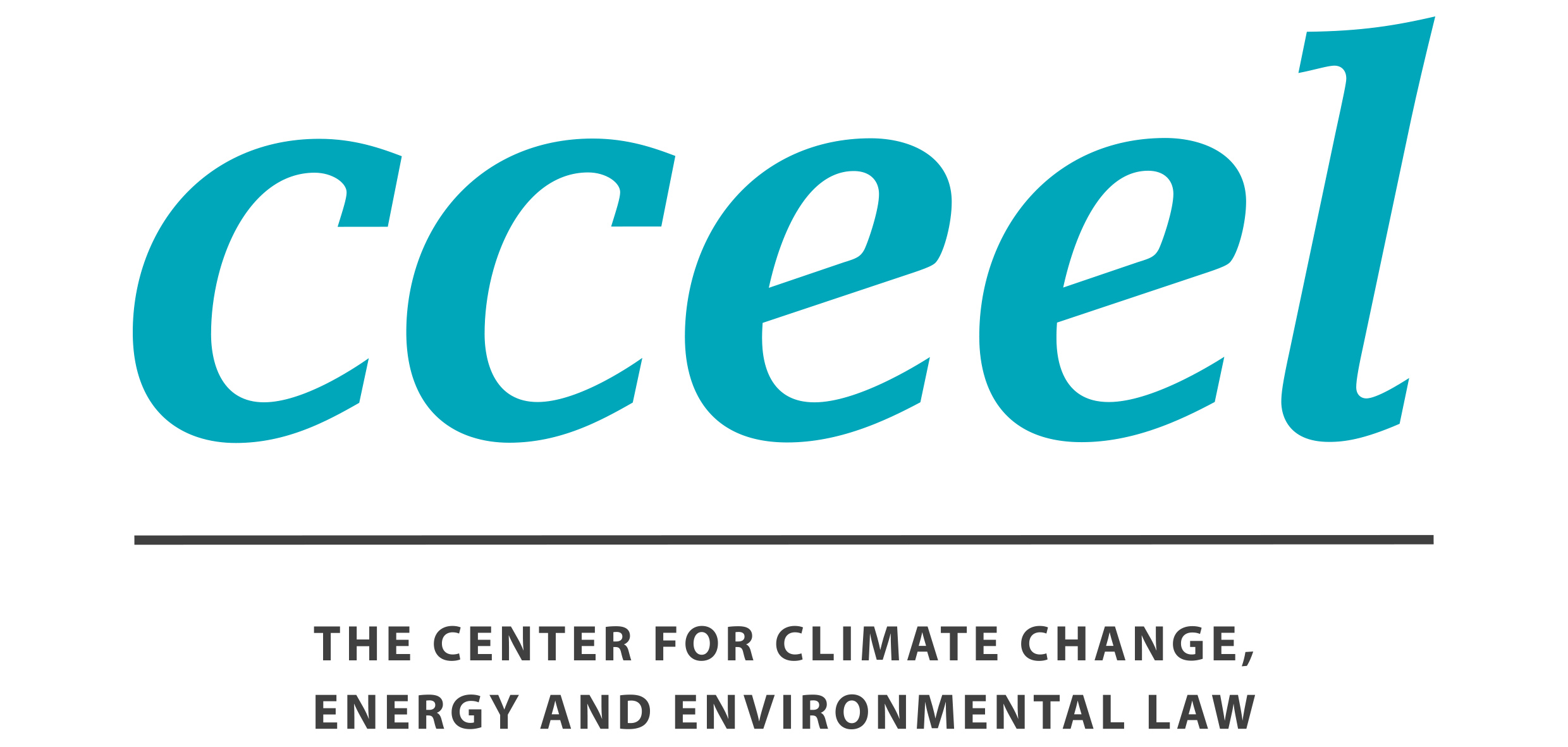“Oikeus kehittyy, kun sitä käytetään”: Asiantuntijoiden analyysi Suomen ensimmäisestä ilmasto-oikeudenkäynnistä
Kirjoittajat: Kati Kulovesi, Maiju Mähönen, Milka Sormunen. First published in 2035Legitimacy blog on 13 September 2023. Ympäristöjärjestöjen valitus hallituksen riittämättömistä ilmastotoimista johti tilanteeseen, jossa korkeimman hallinto-oikeuden täytyi arvioida vakiintuneita käytäntöjään. Neljä asiantuntijaa purkaa oikeudenkäynnin vaikutuksia ilmastolakiin, oikeusturvaan ja Suomen ilmastopolitiikkaan. “Ilmastonmuutos on parhaan tieteellisen tiedon perusteella ihmiskunnan kohtalonkysymys, joka uhkaa nykyisen ja tulevien sukupolvien elinehtoja […]

The EU needs to constitutionalise climate policy to stabilise the climate transition
By Kati Kulovesi, Professor of International Law and Sebastian Oberthür, Professor of Environmental Policy and Law. First published in the GreenDeal-NET blog on 19 June. While the European Commission has launched public consultations on the EU’s intermediary climate target for 2040, mounting calls for a pause in implementing the European Green Deal risk derailing progress. […]
Finland’s first climate judgment: Putting the government on notice
By Kati Kulovesi, Maiju Mähönen, Milka Sormunen, Annalisa Savaresi, Vilja Johansson and Martin Björklund. First published in the 2035Legitimacy blog on 12 June. The Supreme Administrative Court of Finland gave its decision in the first Finnish climate case on 7 June 2023 (KHO:2023:62). After a 3-2 vote, it found the appeal launched by Greenpeace Nordic […]

New avenues for corporate climate accountability
By Mikko Rajavuori, Assistant Professor of Law at the University of Turku, Annalisa Savaresi, Associate Professor of International Environmental Law at the University of Eastern Finland, and Harro van Asselt, Professor of Climate Law and Policy at the University of Eastern Finland. First published in the Oxford Business Law Blog (OBLB) on 2 May 2023. […]

The Intergovernmental Panel on Climate Change – fit for the next assessment cycle?
By Moritz Petersmann, PhD Candidate working on project: Fit for governing the triple planetary emergency? Towards enabling sustainability transformations at international science-policy interfaces The Intergovernmental Panel on Climate Change (IPCC) published the Synthesis Report and its Summary for Policymakers (SPM) for the sixth assessment cycle after a marathon week of deliberations during its 58th session, […]

Finland’s first climate lawsuit: Watching the forest sink
By Kati Kulovesi, Professor of International Law, Annalisa Savaresi, Associate Professor of International Environmental Law, Maiju Mähönen, Project Researcher and Otto Bruun, Junior Researcher In November 2022, Greenpeace and the Finnish Union for the Conservation of Nature filed Finland’s first climate case. The applicants claim that the Finnish Government has breached its obligations under Finland’s […]
Does the new Finnish Climate Change Act promote urban climate resilience?
By Tuula Honkonen, Senior Lecturer of International Law. First published in the FMI’s Climate Bulletin: Research Letters on 27 January 2023. Although climate change is a global problem and states are the main actors in climate governance, the role of sub-national governments is increasing in this field. Finland’s national Climate Change Act, revised in 2022, […]

COP27 flinched on phasing out ‘all fossil fuels’. What’s next for the fight to keep them on the ground?
By Fergus Green, Lecturer in Political Theory and Public Policy, UCL and Harro van Asselt, Professor of Climate Law and Policy, University of Eastern Finland. First published in The Conversation on 21 November 2022. The latest UN climate change summit (COP27) concluded, once again, with a tussle over the place of fossil fuels in the global economy. […]

International Climate Technology Transfer : an issue of human rights
By Nicola Sharman, Early Stage Researcher In recent years, the link between climate change and human rights has been increasingly recognised and used as a legal tool to demand stronger action by governments to address the global crisis. However, one element of the international regime in which rights-based arguments remain underutilised is in respect of technology […]

Suomen uusi ilmastolaki uskottavuustestissä – päättääkö valtioneuvosto lisätoimista nieluromahduksen johdosta?
Teksti : Kati Kulovesi, Maiju Mähönen ja Otto Bruun. This was first published in the 2035Legitimacy blog on 24 October 2022. Vuoden 2022 ilmastovuosikertomus julkaistaan tällä viikolla. Samalla Suomen ilmastopolitiikan toteutumista ja päästöjen kehitystä päästään ensimmäistä kertaa arvioimaan uuden ilmastolain kiristyneisiin ilmastotavoitteisiin peilaten. Lisätoimet näyttävät tarpeellisilta tavoitteiden saavuttamiseksi ja hiilinielujen turvaamiseksi. Ilmastovuosikertomukseen kootaan vuosittain tieto […]
